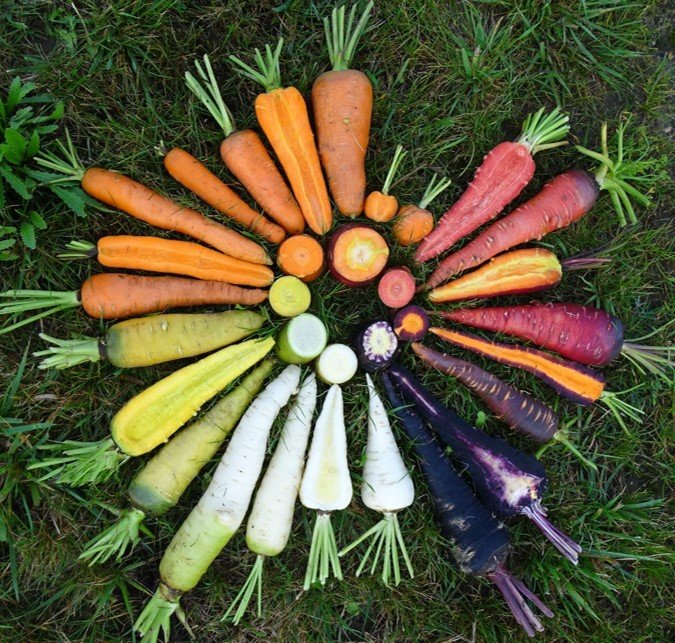Marketing and Certification of Seeds and Propagating Material of Vegetable Species
Two categories exist for vegetable crops: “Standard” for seeds and “CE” for plants, and “Certified”, an optional superior grade.
Seed propagated species
For seed-propagated species:
- Varieties registered on lists b, c and d of the French Catalogue are only marketed at “Standard” or “CE plant” grade. These varieties are heterogeneous or insufficiently homogenous for certification, such as old varieties of cross-pollinated species. They are not eligible for certification.
- Varieties registered on list A are marketed at “Standard”, “CE plant”, and “Certified” grade. These varieties have a high level of uniformity: they are eligible for certification.

Certification guarantees the varietal conformity and uniformity of seeds, and when necessary the required seed health standards e.g. tomato seeds free of Clavibacter, and bean seeds free of grease spot. In practice, French seed producers and breeding companies ensure a high level of quality, and these varieties are marketed in the form of “Standard” seeds and “CE plants”. The “Certified” grade is sometimes required for exports.
Vegetatively propagated vegetable species
With vegetatively propagated species, the Certified grade is much more widely used for seed health reasons, as harmful organisms are propagated by multiplied organs. For garlic, shallot, strawberry, asparagus crowns, and mushroom inoculum, seeds and plants are produced at Certified grade (around 50% of plant production) and are free of pathogens such as nematodes, viruses, and pests specific to each species.
Find out more
- Technical regulations are published by the Official Service for Control and Certification (SOC) for the production of commercial, standard, and certified seed, CE and certified plants, and conservation seed and plants (French versions only)
- Seed marketing regulations




